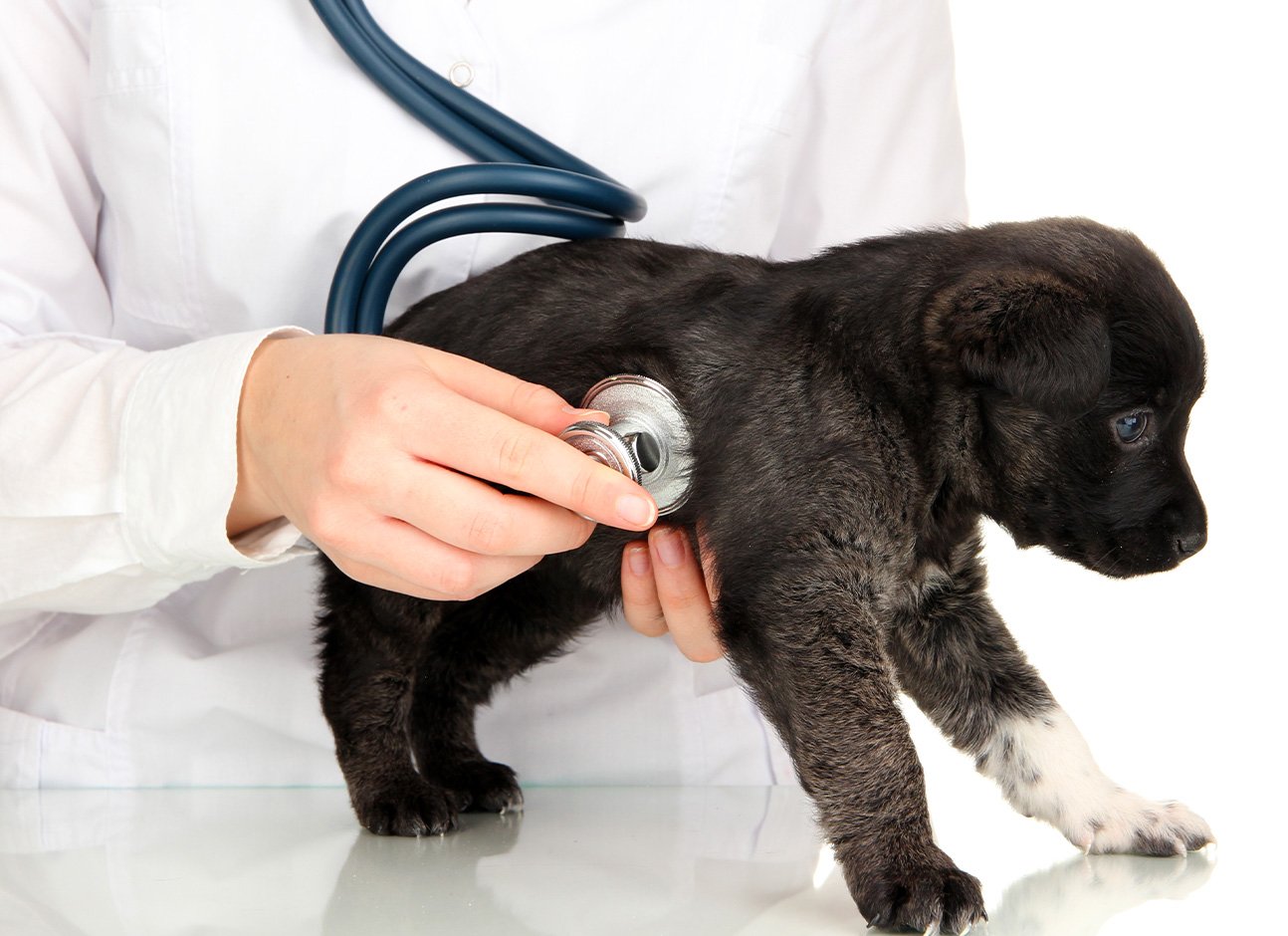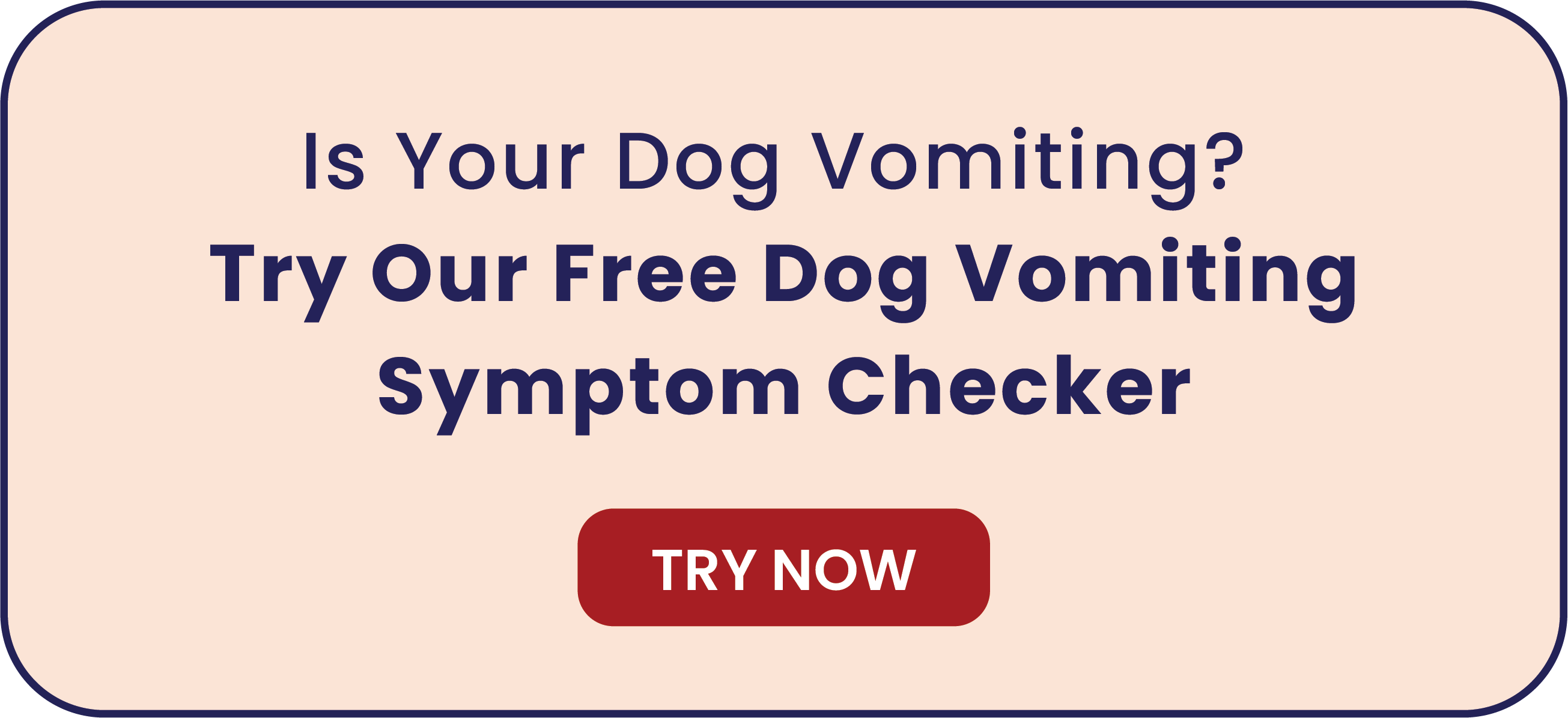Diarrhea has never been a pleasant topic to discuss let alone experience. However, it is a common occurrence among dogs much to the displeasure of their owners. Varying in regularity, extent and intensity, diarrhea differs from dog to dog.
Age plays a very important factor in determining the causes of diarrhea in dogs. Ore common among younger dogs, diarrhea is informed by the general inquisitive nature of puppies who, if left to their own devices, will help themselves to anything and everything including scraps from the trash or something on the streets. Intestinal worms that some pups get from their roundworm-infected mothers also contribute to diarrhea. In older dogs, the causes can be a lot more serious like inflammatory bowel disease, renal disorder(s), or even cancer. Other causes of diarrhea include allergies, food intolerance, changes in diet, toxic substances including some plants, certain medications, and stress.
While most dogs recover soon, sometimes, dogs may need medical intervention to treat their diarrhea especially if it is persistent and / or accompanied by other symptoms like fever, vomiting, lethargy, or pale gums. De-worming your pet is an effective treatment method and can be administered as shots, pills or powder mixed with their food. Other treatment options include changing their diet to include more proteins and carbohydrates from different food sources. Your dog may also be prescribed vitamin supplements, digestive enzyme supplements, antibiotics or steroids depending on the reason behind the case of diarrhea.
While it is impossible to eliminate all possibilities of your pet coming down with diarrhea, there are few things that you can do to control and manage it in your dog. Securing the trash, ensuring a consistent and healthy diet, restricting rich foods like bacon from their diet, and taking your dog on their routine checkups and annual tests for intestinal parasites, are some ways to reduce the occurrence of diarrhea in your pet. You can also ask your veterinarian for more advice and recommendations on possible preventative and treatment measures.


